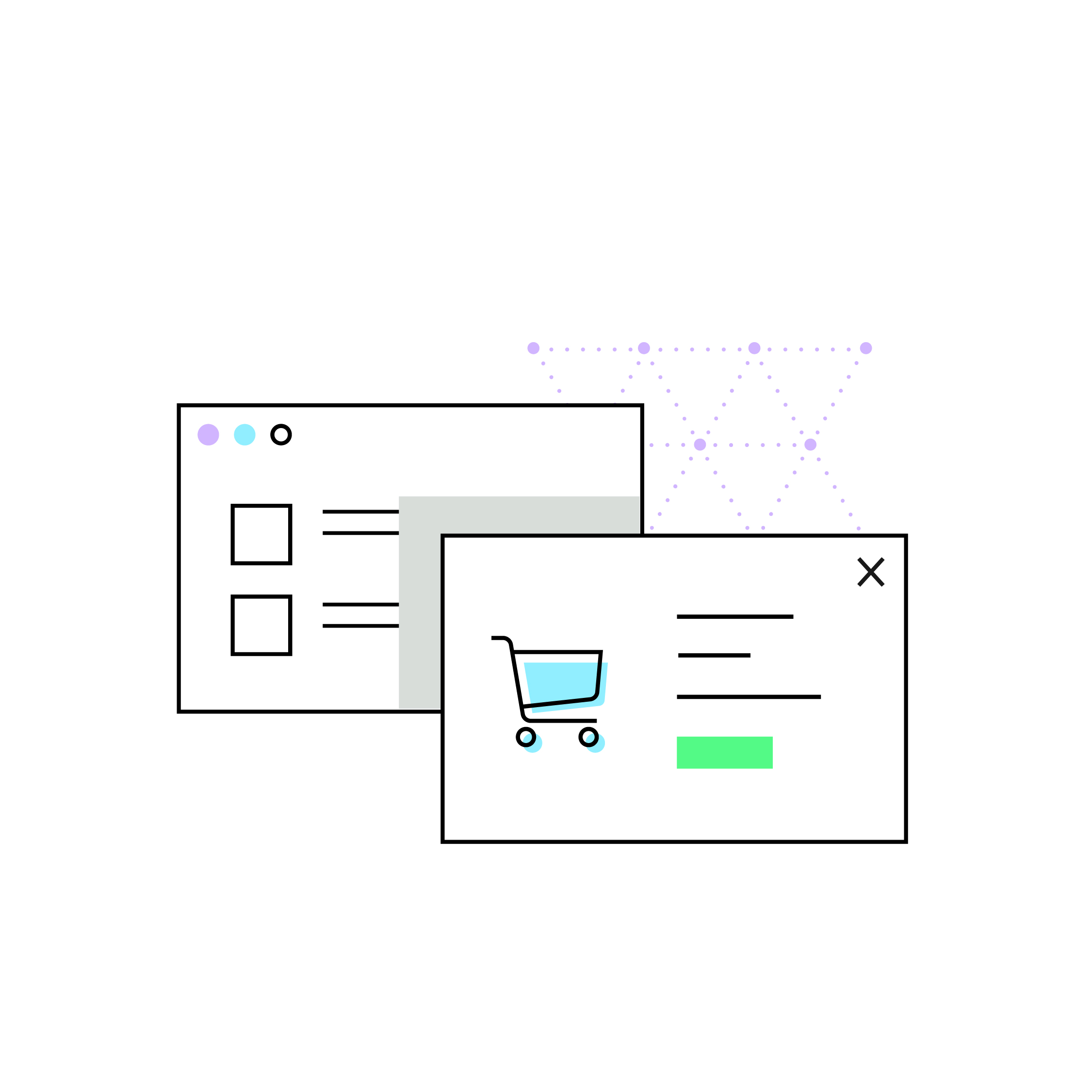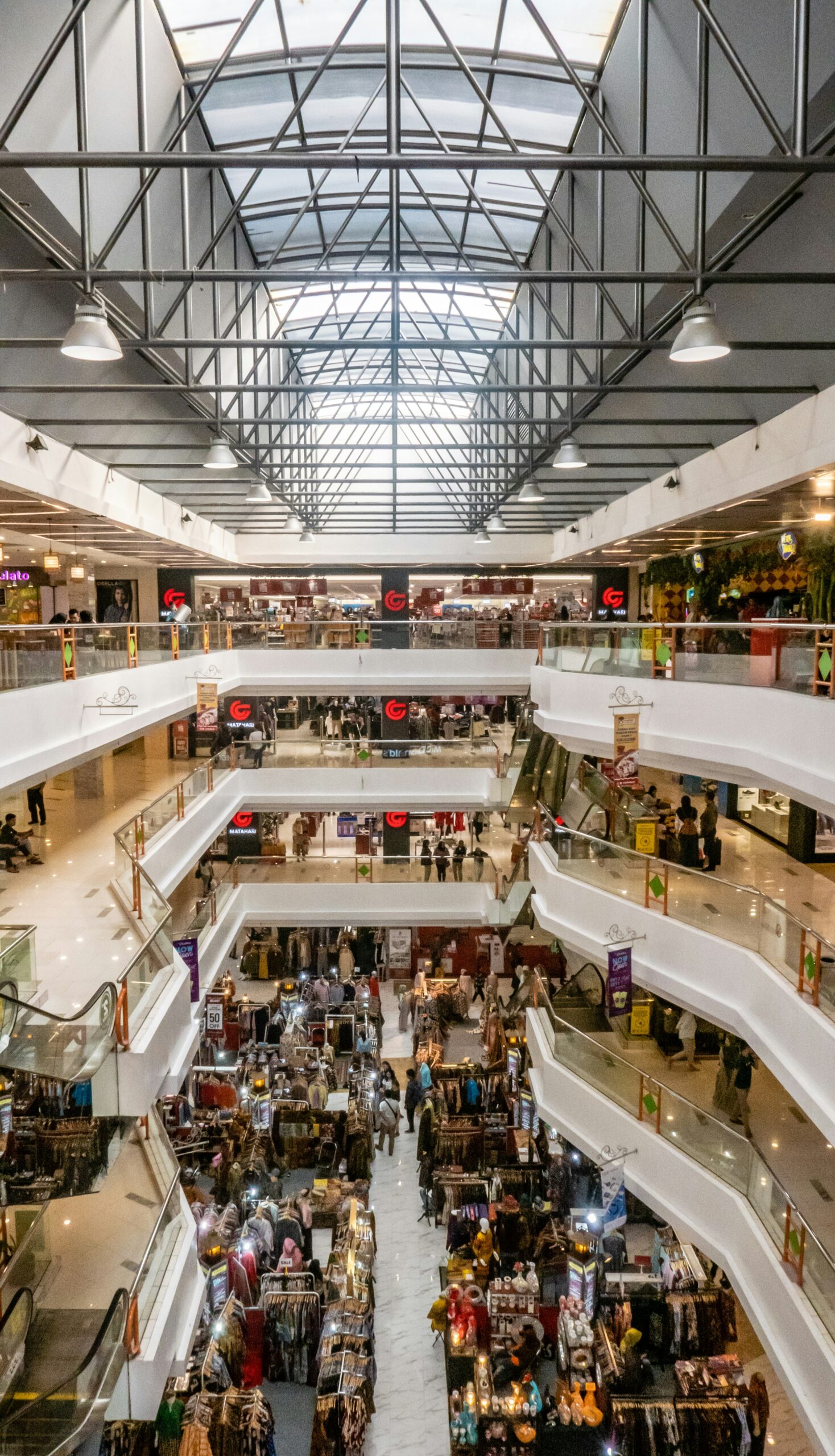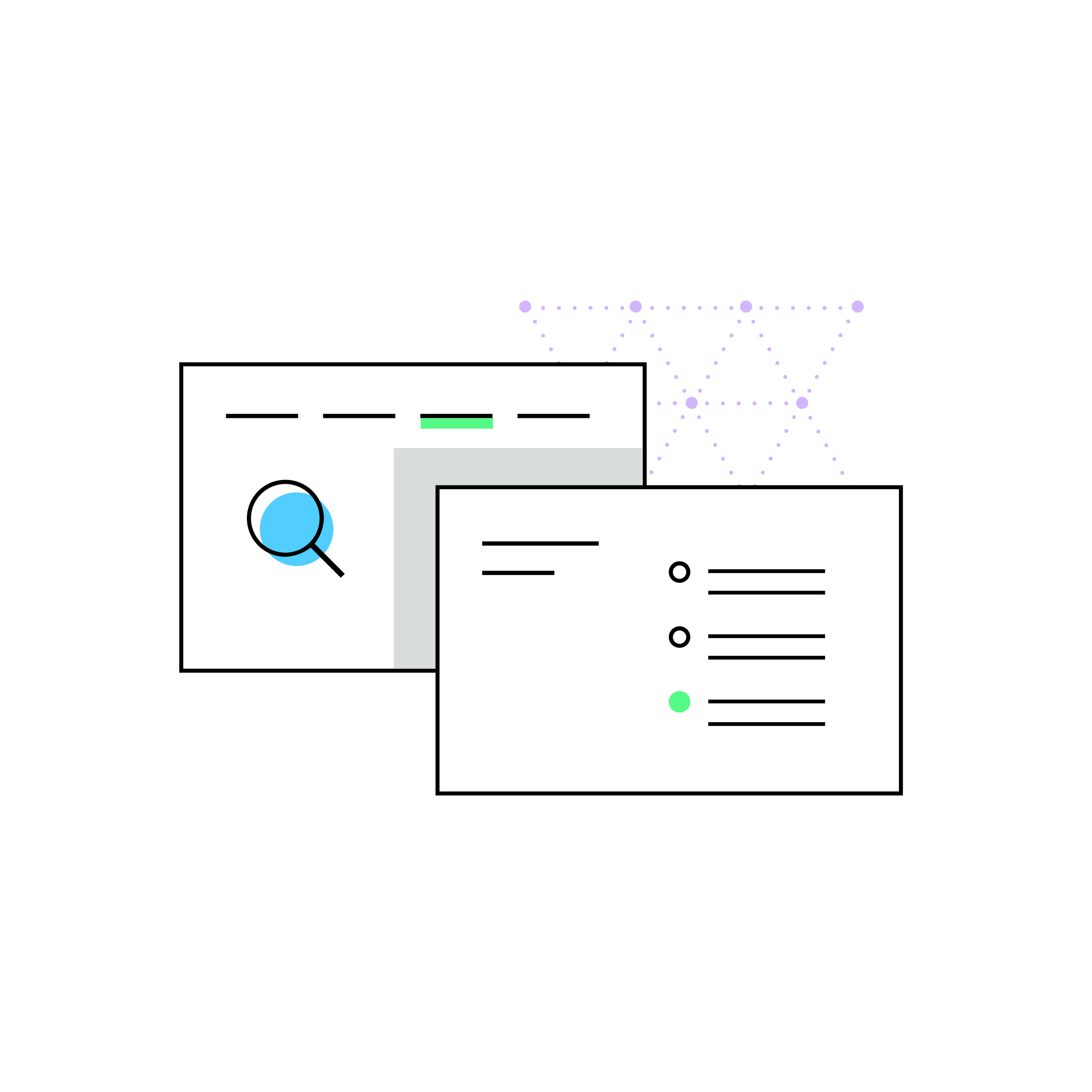Amazon collecting sales tax in Colorado: What it means for FBA sellers
by November 1, 2023
Amazon announced they will start charging sales tax to Colorado customers on February 1, 2016. This comes just a month after they started charging sales tax to their South Carolina customers on January 1, 2016.
Every time the news hits that Amazon.com will begin collecting sales tax in a new state, we get a couple of questions here at TaxJar:
- Does this mean I, as an Amazon FBA Seller, no longer have to collect sales tax from buyers in that state?
- Why that state? Does that mean there’s an Amazon fulfillment center in that state now?
To answer those questions, let’s dig a little deeper.
Why Amazon decided to start collecting sales tax in Colorado
The answer is unclear. A representative from Amazon confirmed that the company would be required to collect sales tax in the state starting February 1, 2016. But spokesperson Lynn Granger from the Colorado Department of Revenue told the Denver Business Journal that it isn’t immediately clear why Amazon would make this announcement.
Further, Amazon hasn’t announced any fulfillment centers, data centers or other facilities in the state that would necessitate them collecting sales tax.
One clue may be the fact that Amazon bought a Denver-based tech company, 2lemetry. It could be as simple as the fact that Amazon will soon have employees in Colorado and so will have employee based sales tax nexus.
Readers may also remember that Colorado attempted to pass a law back in 2010 that would require online sellers to notify Colorado buyers of their obligation to pay Colorado use tax on purchases for which they didn’t pay sales tax directly to the merchant. This law is currently tangled up in the legal system, but it’s thought that this law was designed to make not collecting sales tax so onerous on big online retailers like Amazon that they would just capitulate and begin collecting sales tax. We’re currently awaiting the 10th circuit court of appeals to determine whether requiring online sellers to notify Colorado buyers of their use tax obligation is legal or not.
To sum it up: It’s unclear why Amazon has decide they have significant presence (i.e. nexus) in Colorado and must collect sales tax from Colorado buyers, but they will start charging sales tax to Amazon.com buyers in February 1, 2016.
What Amazon charging Colorado sales tax means for Amazon FBA sellers
There are currently no Amazon fulfillment centers in Colorado. That means that, unless your home state is Colorado, no Amazon facilities will cause you to have Colorado sales tax nexus. Whew! (Keep in mind you may have nexus in Colorado if you have an office, employee or contractor there, have a facility there, or even do temporary business there. You can see all the factors that can cause sales tax nexus here.)
Hey, what about South Carolina?
But wait, I also mentioned that Amazon.com is charging sales tax to South Carolina buyers now. South Carolina is home to Amazon fulfillment centers. Does the fact that Amazon.com is now collecting sales tax from South Carolina buyers mean that you, as an FBA seller, no longer have to collect sales tax there?
Unfortunately, no. It isn’t that simple. It helps if you think of your business as a separate entity from Amazon.com. Amazon.com made deals with the various states to put off collecting sales tax in exchange for bringing jobs and other economic growth to the state. But now that deal is over, and their warehouses in South Carolina give them sales tax nexus.
You, as an FBA seller, have sales tax nexus in South Carolina because you store inventory in the state. That doesn’t change, no matter what Amazon.com does in the state. You are effectively different entities, even though your FBA businesses uses Amazon.com’s FBA service.








